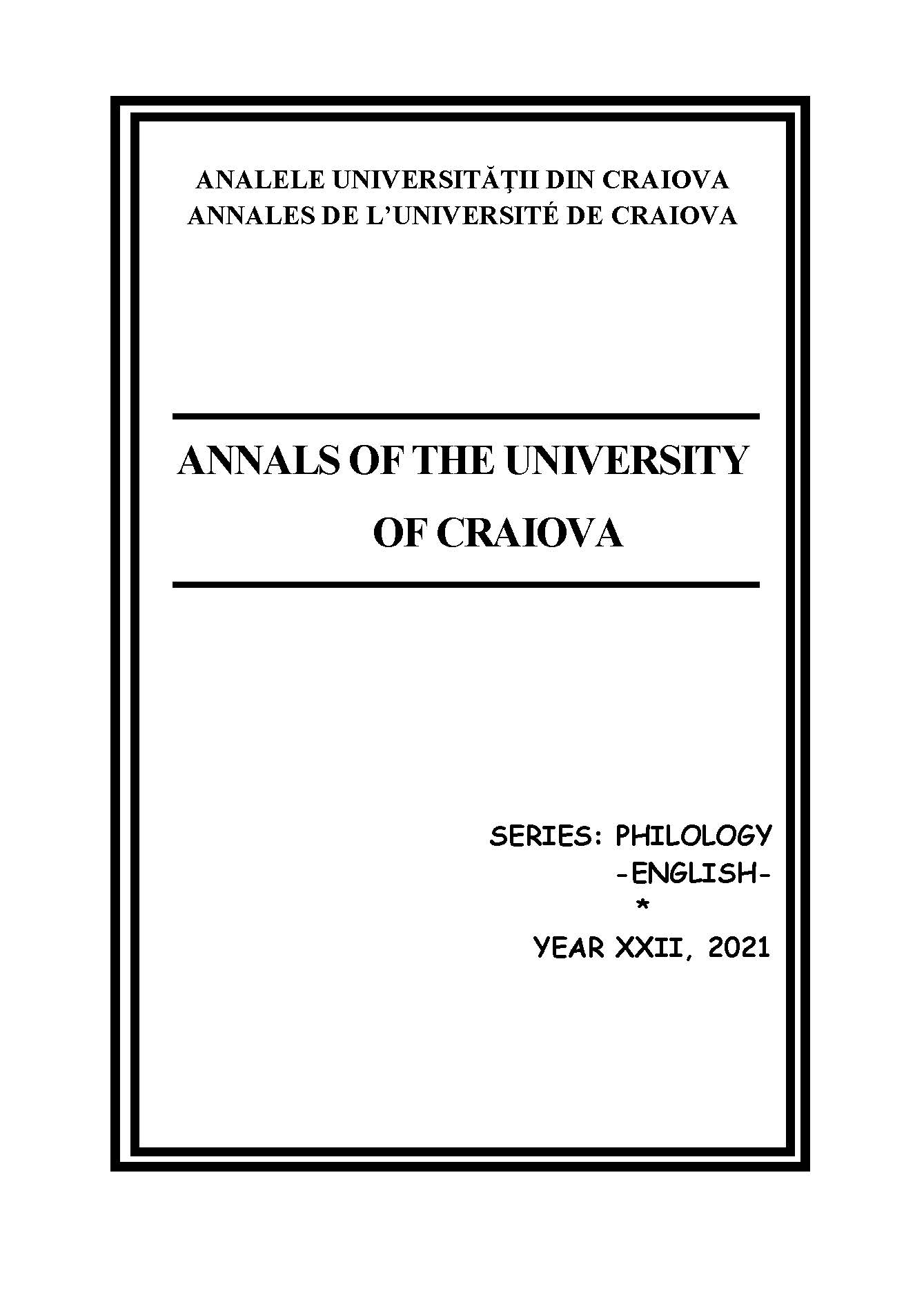Us /versus Them − Hate Speech Populist Language which Connects and Divides: a Linguistic and Translational Perspective in English and Serbian
Us /versus Them − Hate Speech Populist Language which Connects and Divides: a Linguistic and Translational Perspective in English and Serbian
Author(s): Jelena VujićSubject(s): Applied Linguistics, Pragmatics, Comparative Linguistics, Theory of Communication, Translation Studies
Published by: Editura Universitaria Craiova
Keywords: we; they; hate speech; populism; vulgarism; derogatory language; semantic equivalent; source language; target language; translation;
Summary/Abstract: In this paper, we argue that the populist rhetoric characterized by either overt or covert hate speech has become a recognizable feature of the language of politics profiling itself as its distinctive subdiscourse expressing racist, homophobic, and conservatively patriarchal ideas, hence the use of lexical means. Its purpose is to connect, relate, and unite those individuals who share common ideas, classifying them as us, while at the same time distinguishing them from them (the others) who think differently. Linguistically, such subdiscourse is characterized by the following: the choice of lexemes with overtly offensive and discriminating meaning, excessive use of vulgarisms, raised tone of utterance with a specific intonation, cynical metaphors, ellipsis, limited choice of syntactic structures, and the selective use of grammatical patterns to support strong persuasive techniques. In an effort to identify and describe main linguistic properties of such political (sub)discourse we cross-compare and contrast the language of political campaigns during presidential elections in the US (2016 and 2020) and in Serbia (2017), as well as the local elections in the city of Belgrade (2018) and Illinois Primary (local elections 2018). For the purpose of this study a corpus of selected texts published in American and Serbian daily papers and periodicals was compiled. The samples of insulting and derogatory language characterized by violent rhetoric in both languages are identified, classified, and contrasted according to their linguo-pragmatic features on one hand, and their translatability on the other. The study provides arguments which show that translators need a strong diverse socio-cultural and linguistic background for forming a contextual perception of such sensitive language contents and producing effective translations.
Journal: Annals of the University of Craiova, Series: Philology, English
- Issue Year: XXII/2021
- Issue No: 1
- Page Range: 106-125
- Page Count: 20
- Language: English

